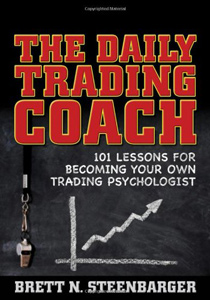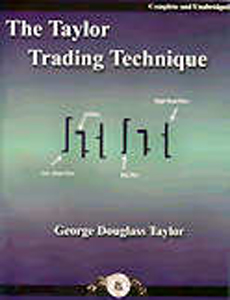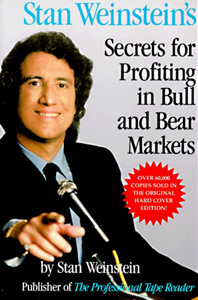Software can make your life dramatically easier, provided you understand the principles behind the tools. It is important for you to look over what your financial needs and goals before shopping for trading/investment software so you know what you aer looking for.
There is investment software for managing your investment portfolio and trading software that helps you make trading decisions in the first place. In each of these categories there are myriad examples available on the internet for a wide range of prices.
"Share-price software is really useful," says Nick Coates, senior policy officer of superannuation and financial services at the Australian Consumers Association. "It allows you to assess whether the share is under- or overvalued, or whether your portfolio is over-dispersed or diversified enough."
But he warns that problems occur with these products, particularly those used for trading, when people don't understand them. When that happens, he says, people may end up building a portfolio and buying shares that are not suited to them because they have chosen an inappropriate risk model.
"The danger is that you see the advice from the software as being black and white," he says. "But it is not a substitute for understanding the market through reading around and researching stocks."
Portfolio management software is essentially an administration tool. It can be anything from a fancy spreadsheet tool to a full personal finance application. Its main purpose is to keep a record of share prices and show the value of the portfolio. That value can then be compared with a main index, against which it can be benchmarked, such as the All Ordinaries Index at the Australian Stock Exchange.
Many portfolio management products make it easy to work out tax, including capital gains tax. Some of them also work out things like dividend payments, stock splits, dividend reinvestments and imputation credits.
Stuart Wilson, chief executive of the Australian Shareholders Association (ASA), says many of his group's members who are serious long-term investors are users of such software.
"Portfolio management software makes a difficult and onerous task simple and can be particularly useful at tax time," Wilson says.
Anyone who has more than three or four investments, or who trades frequently, would probably benefit from an appropriate program.
These applications can be seen as tools. Individual people use them differently, and some don't like to use them at all.
"I know some people who manage their shares in a book," says Andrew Nicholls, a partner at Plain Language Software, which is developing a new release of its portfolio management program.
Some people prefer to automate the updates for share prices, while some like to enter share prices manually, he says.
"It's up to the individual - some people like to keep their records close to their chest, while others are happy to let someone else do it. Some spread their portfolio among a number of brokers so that no one knows how much their whole spread is worth."
Trading software goes one step further and works out your investment strategy for you.
Some types of trading software simply calculate the shares that fit into a particular category or risk profile, as dictated by the investor. Others, promising great wealth, use investment strategies that are not revealed to the investor.
Investment regulator the Australian Securities and Investments Commission says on its website for consumers and investors, www.fido.asic.gov.au (FIDO), that it has received a lot of complaints about trading software or products that tell people what investments to buy.
"FIDO receives numerous emails and phone calls about software programs for trading shares, foreign currency and other financial products," it says, noting people have been quoted prices upwards of $6000.
ASIC only looks at products in detail if the law appears to have been broken, and only publishes its findings if it has taken enforcement action.
It does, however, have two very important tips for anyone considering a purchase of trading software: shop around; and find out what it is really like to trade.
There is a range of prices and services available among these products, and many of them offer free trials for 25 to 60 days at a time.
In addition, anyone considering the purchase of any kind of investment software should at least know the basics of trading on the stockmarket. ASIC says many potential buyers have never traded a stock.
"In that case, you could find it worthwhile to read some of the books written by people who have," ASIC says.
"There are some good Australian titles, but avoid the get-rich-quick stuff. Look out for books that tell you how to manage risks, how to manage your capital and ways of dealing with losing and winning trades."
ASIC names two categories of trading software: "tool boxes" or "white boxes", and "black boxes". For white-box software, the investment strategies are explained and you can change the reasoning and set up your own trading rules.
"The program is designed to help you make your decisions more quickly," ASIC says.
Black boxes don't tell you how they work out their advice. "If you rely on these programs, you put complete faith and trust in the skill and reliability of the programmers," the regulator warns. "If their reasoning is wrong or if their program is unreliable, you won't know and you'll have no control.
"You will also not be able to properly assess the level of risk in the program, and whether it matches your own risk tolerance."
It advises consumers only to buy such programs from people licensed to give advice, or their authorised representatives. That means the people involved have met basic standards, including membership of a complaints resolution scheme.
The ASA's Wilson shares ASIC's advice about black-box software.
"Our members - who are usually experienced, long-term investors - have tended to stay away from black-box software," he says.
"They like to take responsibility for their decisions and they make all those decisions based on sound investment analysis rather than mysterious technical analysis."




